Coffee Beans at Twin Beans Coffee Company
Medium Roast
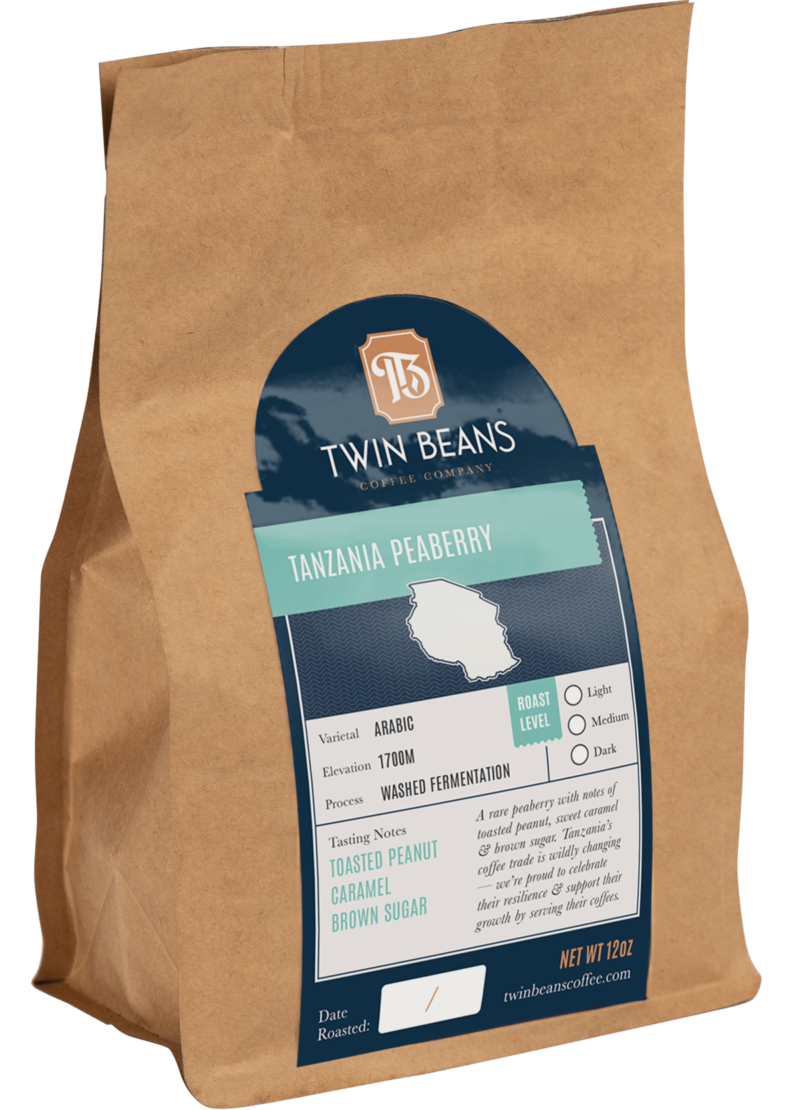
Tanzania Peaberry
Toasted Peanut Caramel Brown Sugar
$23.95 12 oz bag
Medium Roast
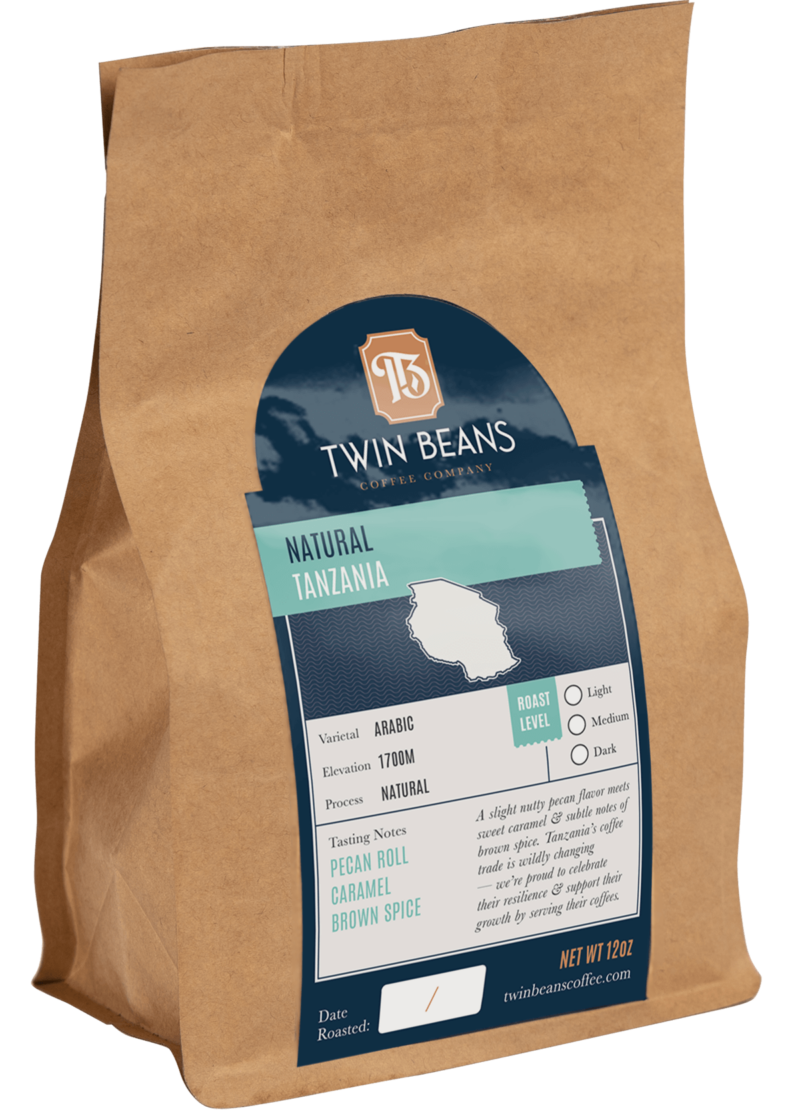
Tanzania Natural
Pecan Roll Caramel Brown Spice
$23.95 12 oz bag
Light Roast
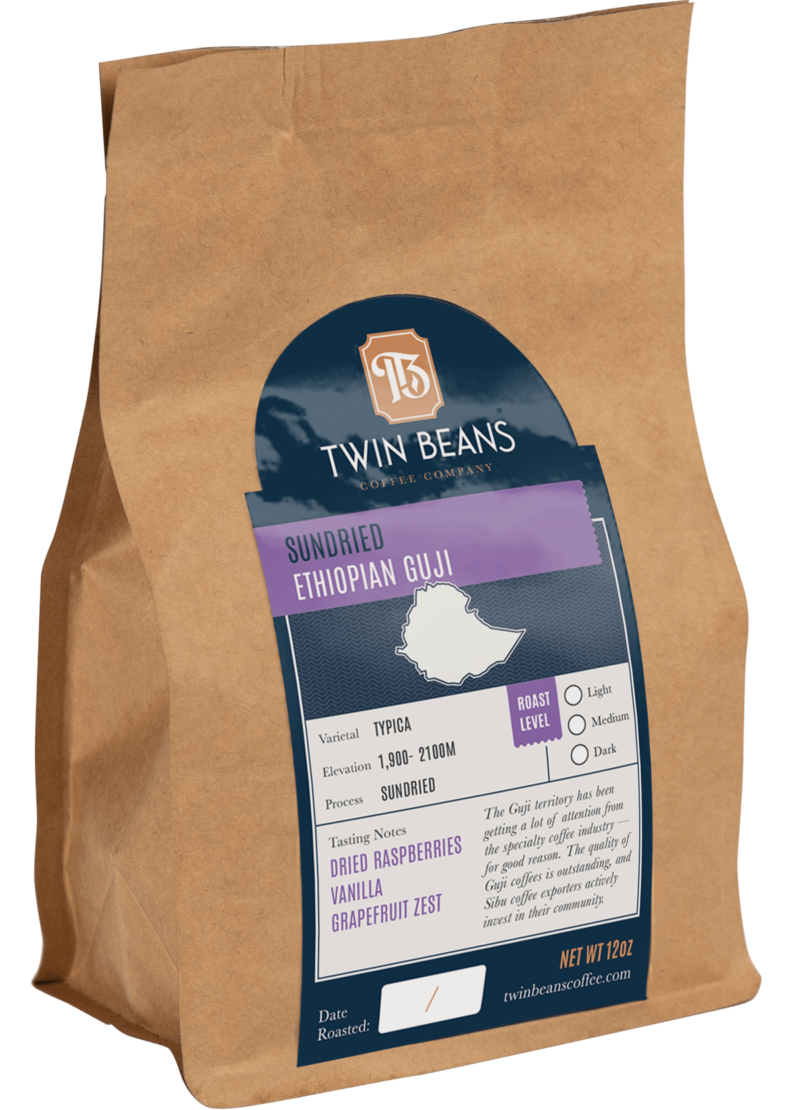
Sundried Ethiopian Guji
Dried Raspberries Vanilla Grapefruit Zest
$24.95 12 oz bag
Medium Roast
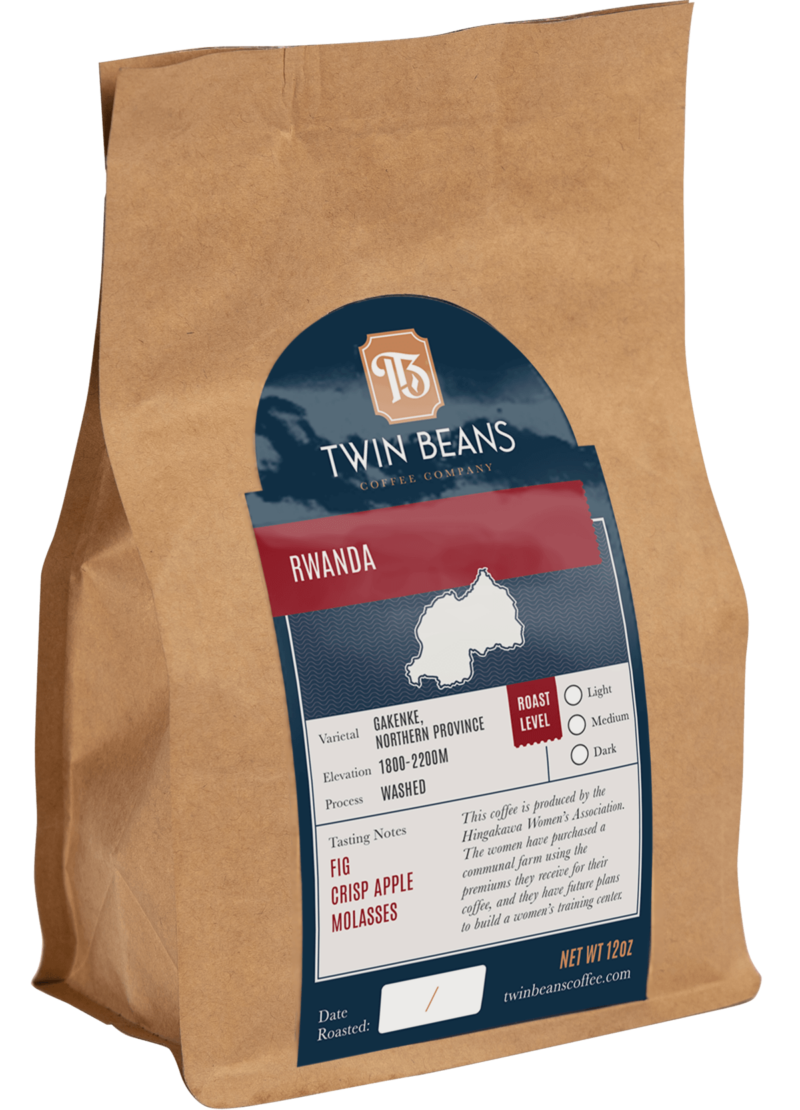
Rwanda
Fig Crisp Apple Molasses
$23.95 12 oz bag
Medium Roast
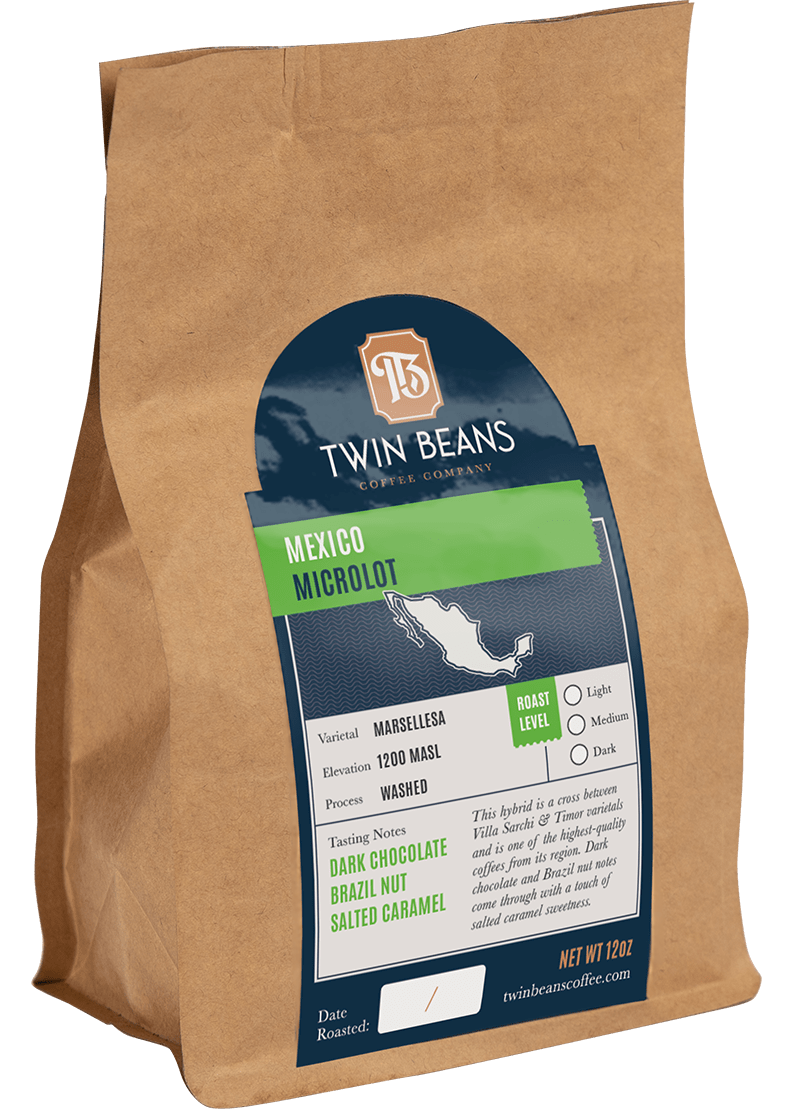
Mexico Microlot
Dark Chocolate Brazil Nut Salted Caramel
$25.45 12 oz bag
Medium Roast
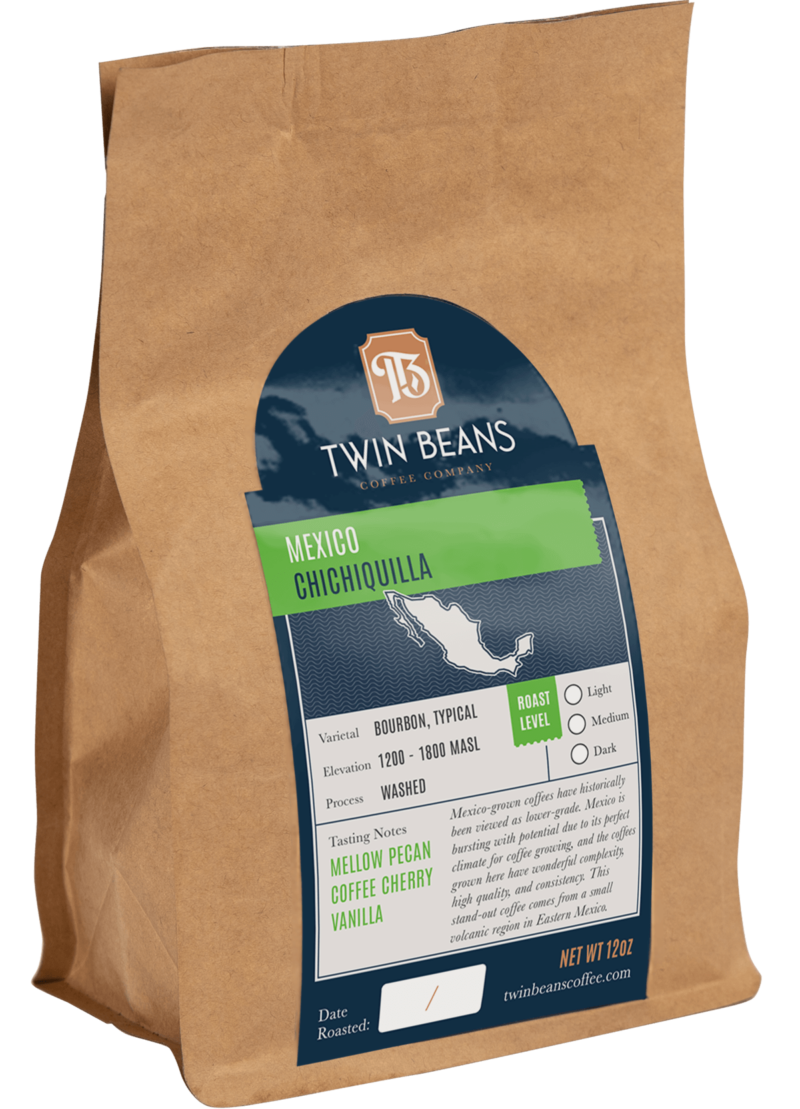
Mexico “Chichiquilla”
Mellow Pecan Coffee Cherry Vanilla
$25.45 12 oz bag
Medium Roast
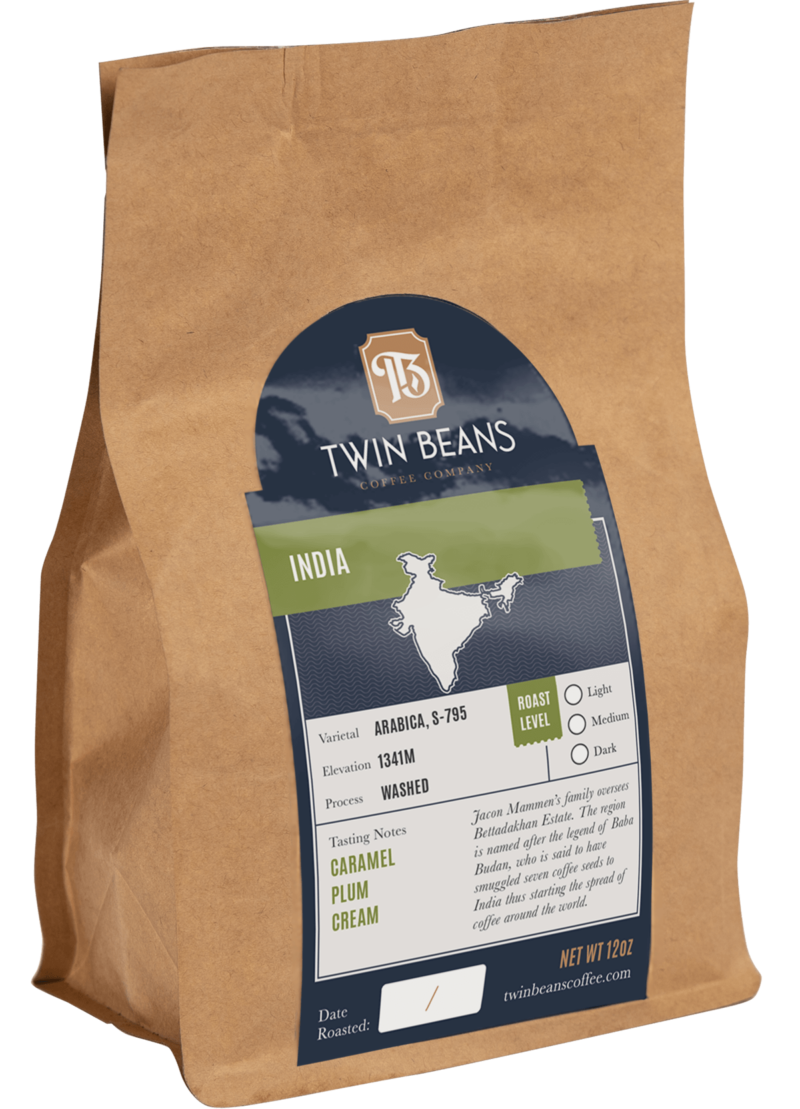
India
Caramel Plum Cream
$23.95 12 oz bag
Medium Roast
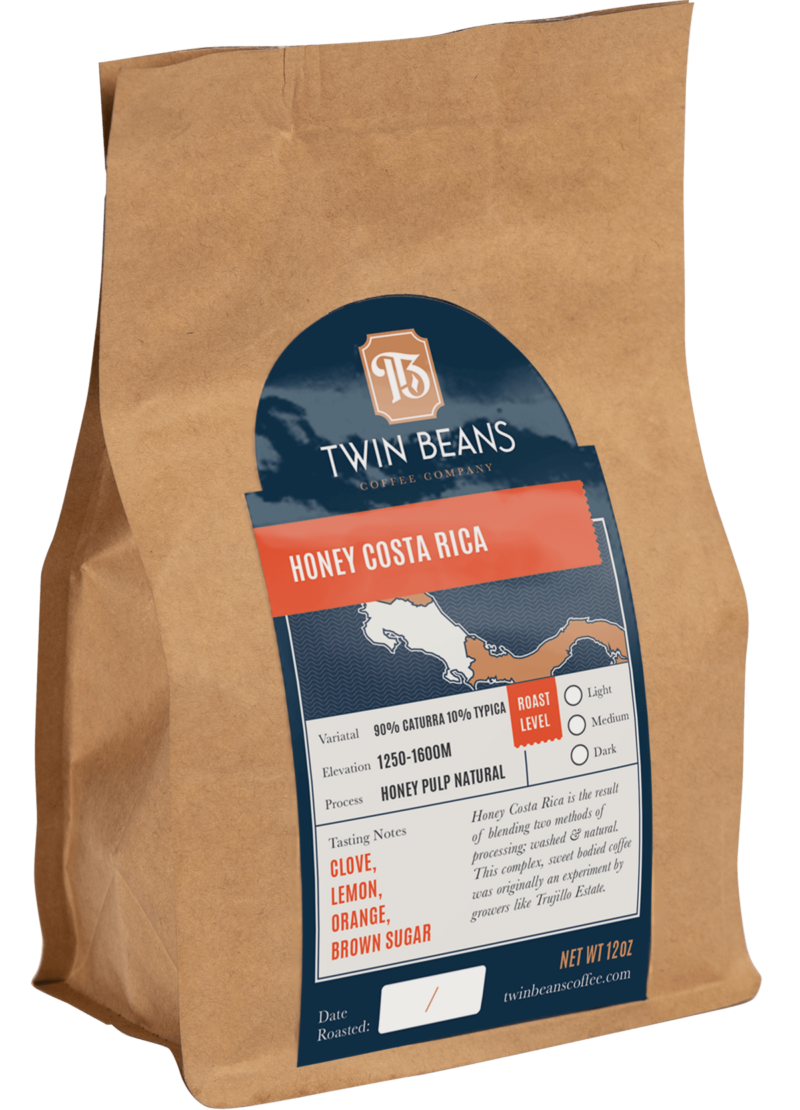
Honey Costa Rica
Clove Lemon Orange
$23.95 12 oz bag
Medium Roast
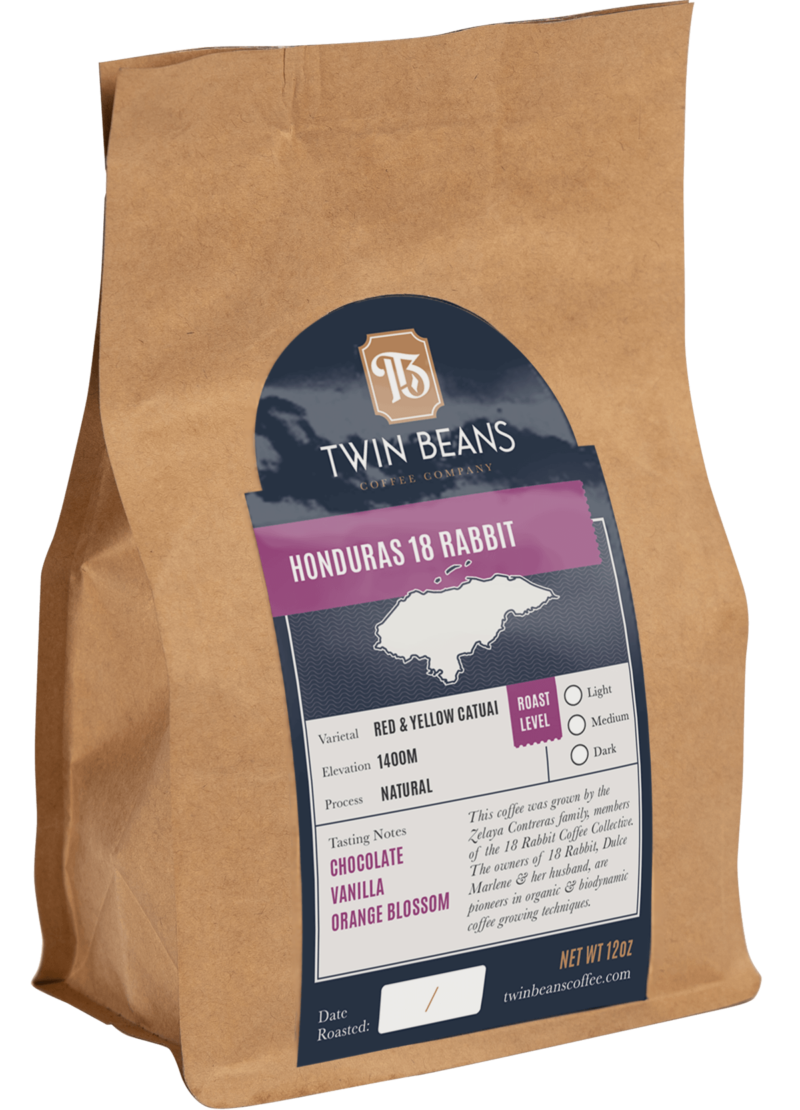
Honduras
Chocolate Vanilla Orange Blossom
$24.95 12 oz bag
Medium Roast
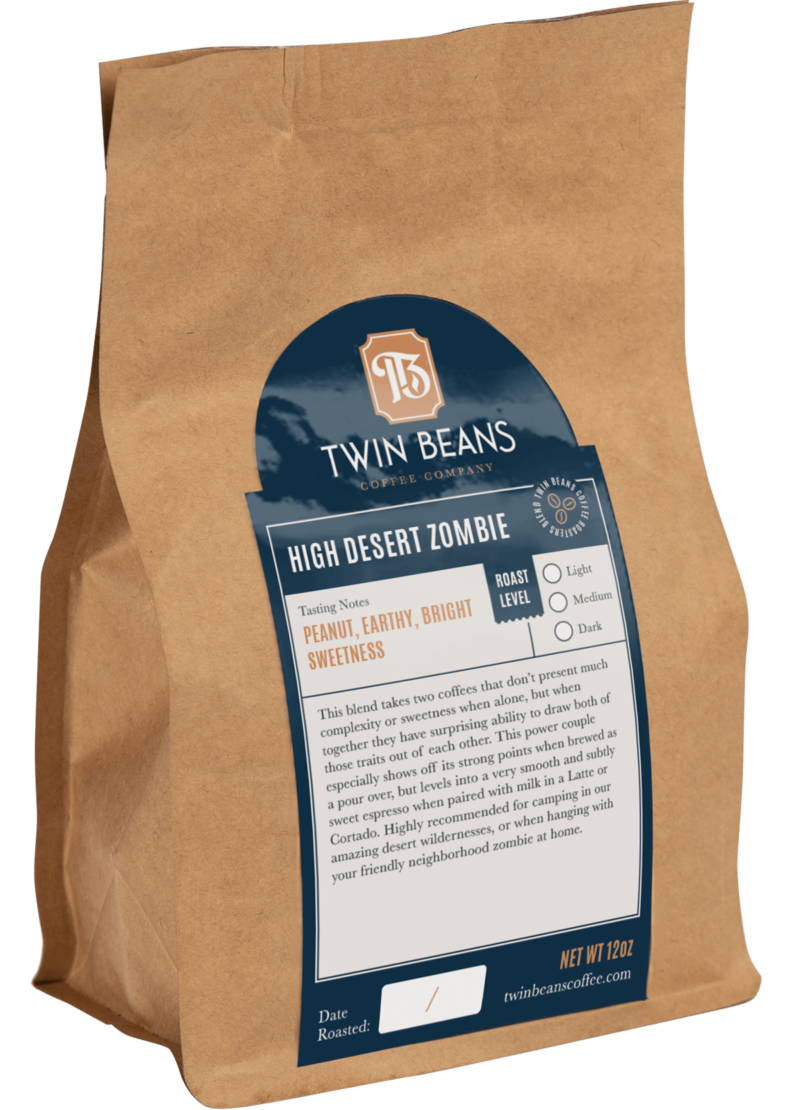
High Desert Zombie
Peanut Earthy Bright Sweetness
$26.95 12 oz bag
Medium Roast
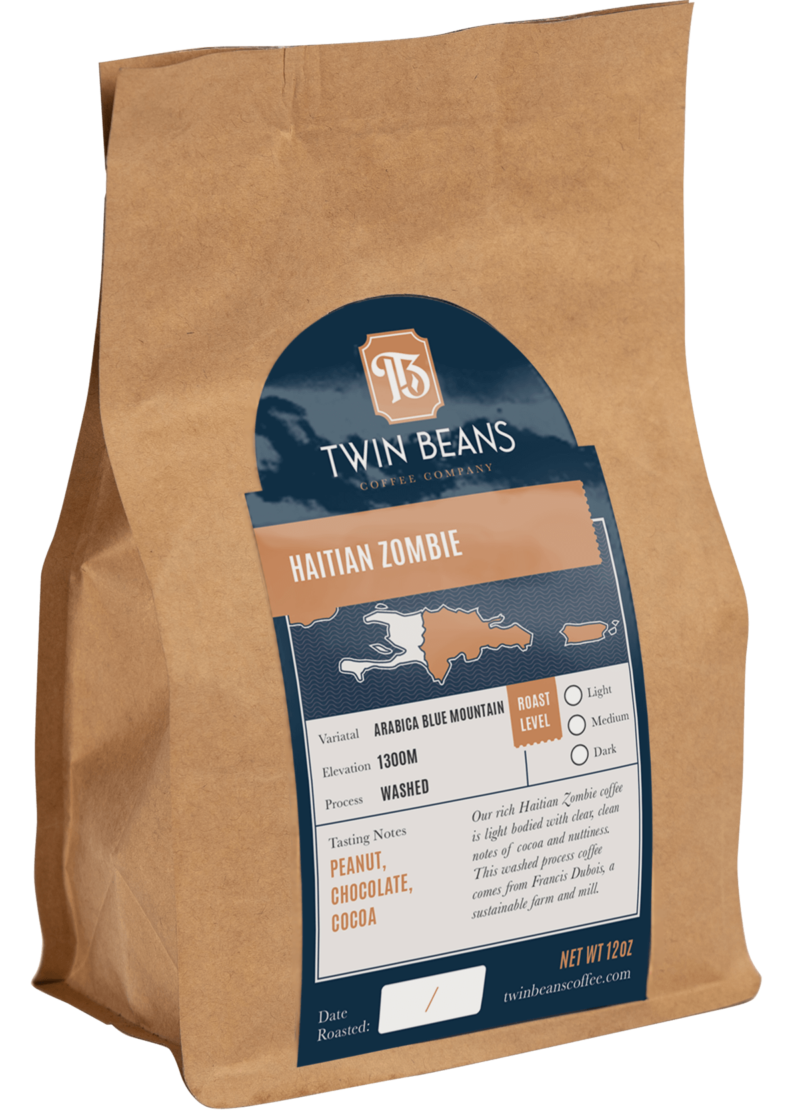
Haitian Zombie
Peanut Chocolate Cocoa
$27.95 12 oz bag
Medium Roast

Haitian Baptiste
Hazelnut Grains Unsweetened Cocoa Powder
$27.95 12 oz bag
Medium Roast
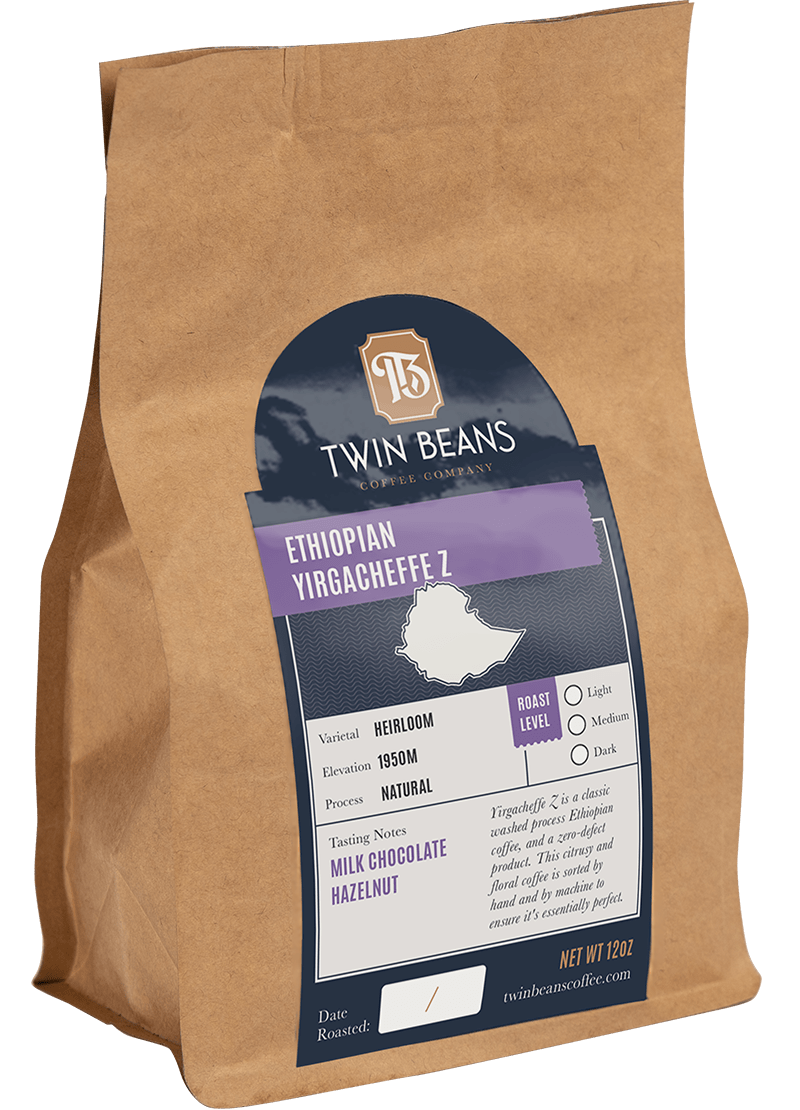
Ethiopian Yirgacheffe Z
Milk Chocolate Hazelnut
$24.95 12 oz bag
Medium Roast
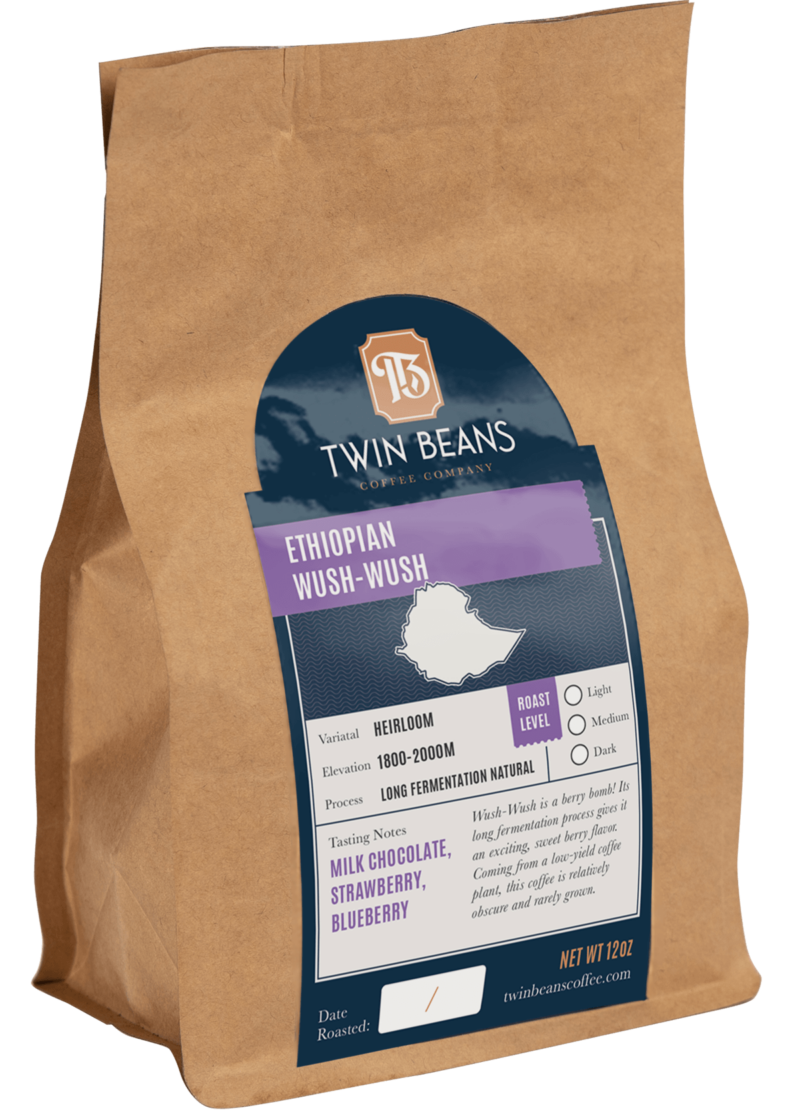
Ethiopian Wush Wush Mild
Milk Chocolate Blueberry Strawberry
$25.45 12 oz bag
Medium Roast
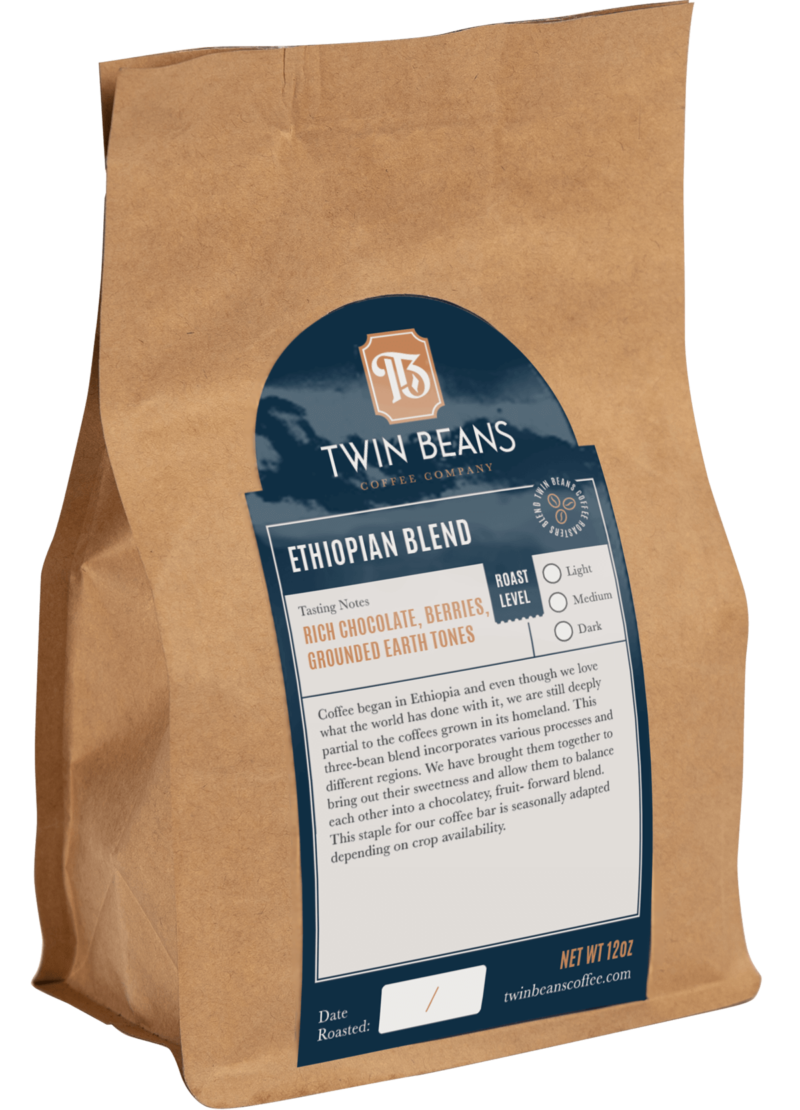
Ethiopian Blend
Rich Chocolate Berries Grounded Earth Tones
$24.50 12 oz bag
Medium Roast
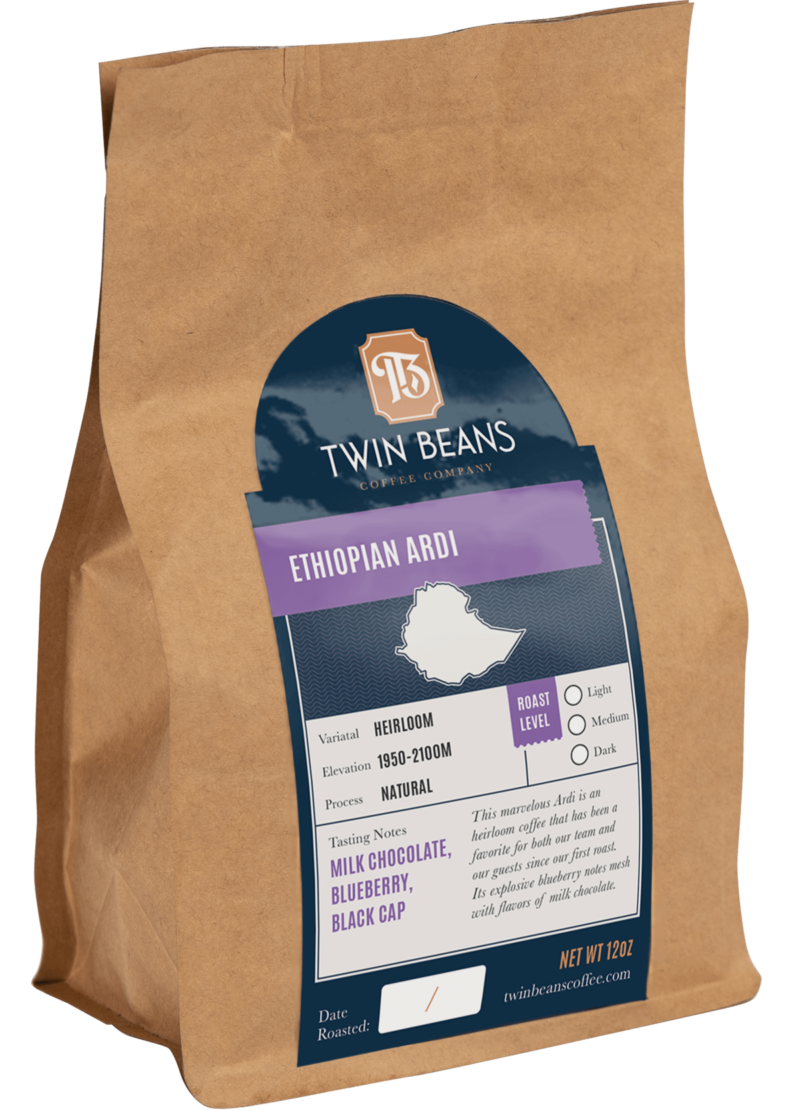
Ethiopian Ardi
Milk Chocolate Blueberry Black Cap
$24.95 12 oz bag
Medium Roast
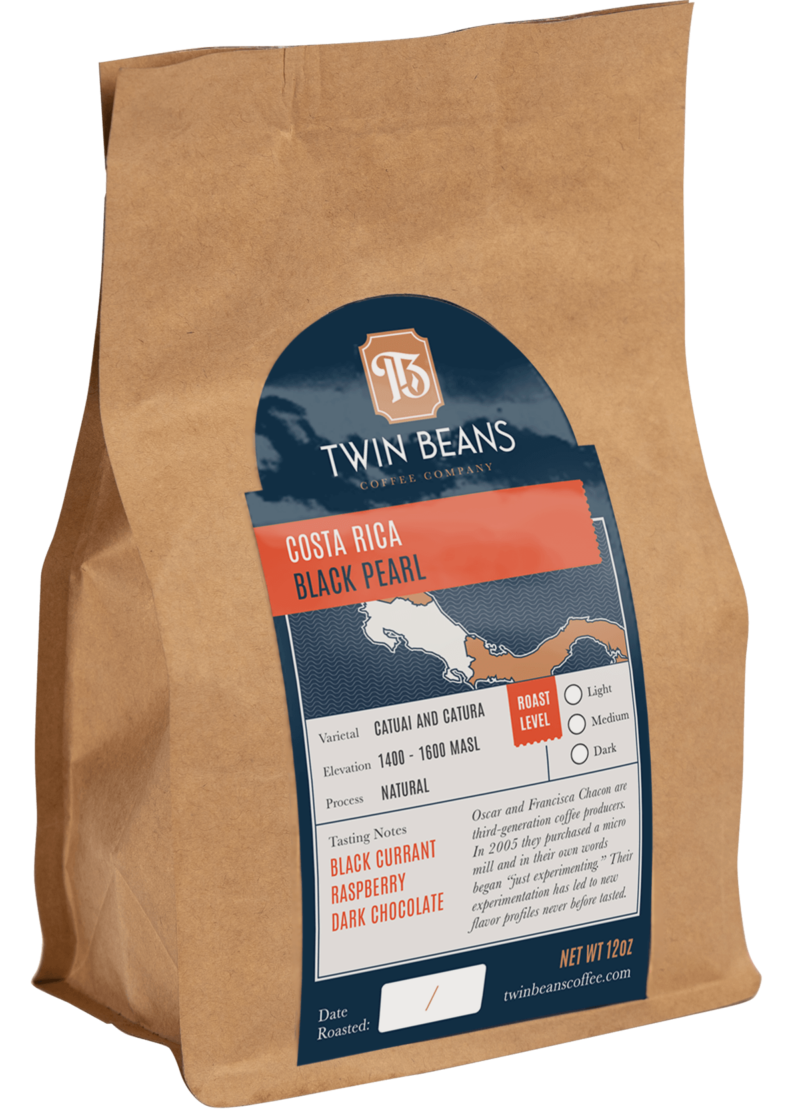
Costa Rica “Black Pearl”
Black Currant Raspberry Dark Chocolate
$27.95 12 oz bag
Light Roast
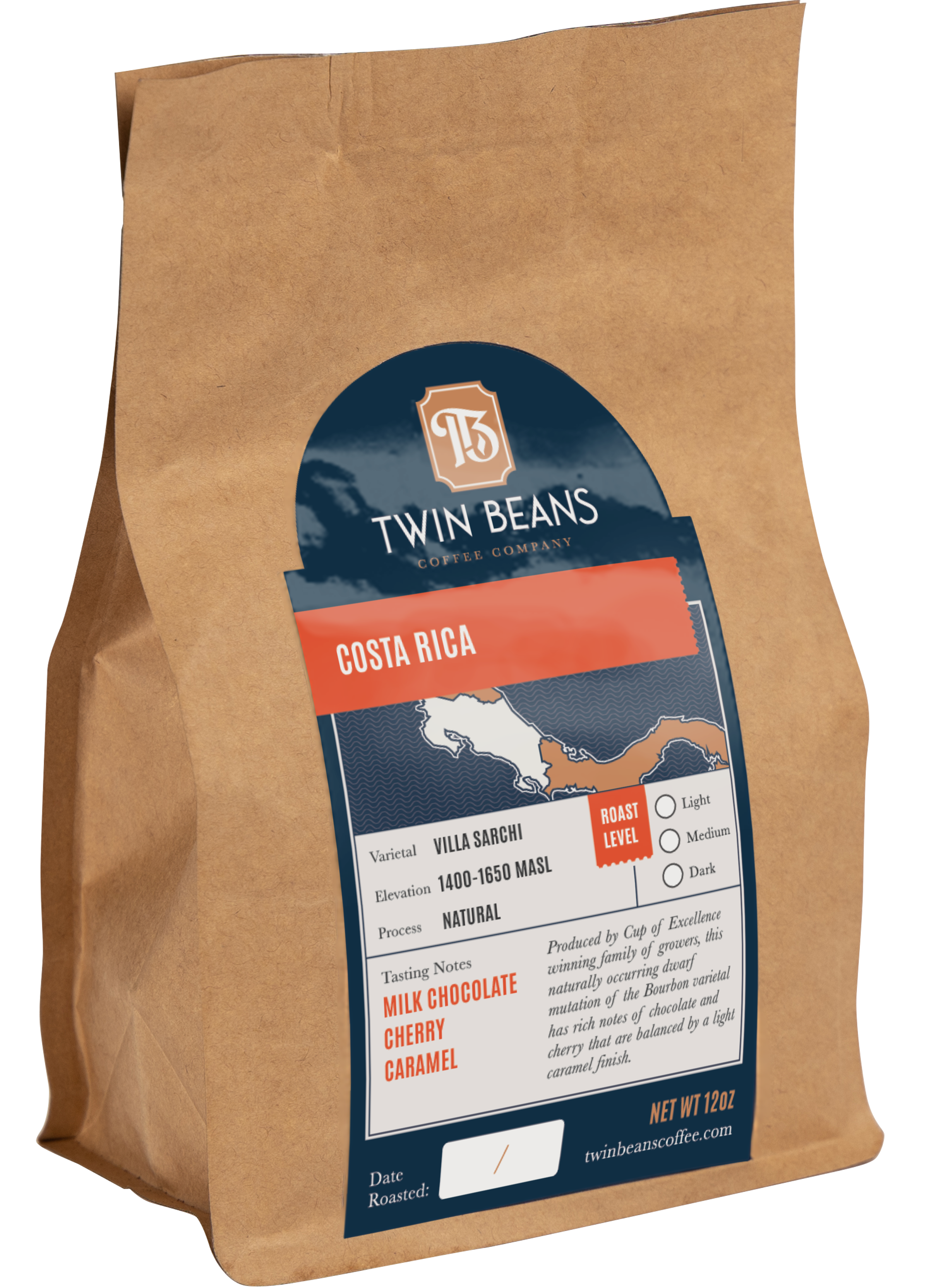
Costa Rica
Milk Chocolate Cherry Caramel
$25.45 12 oz bag
Medium, but slightly darker Roast
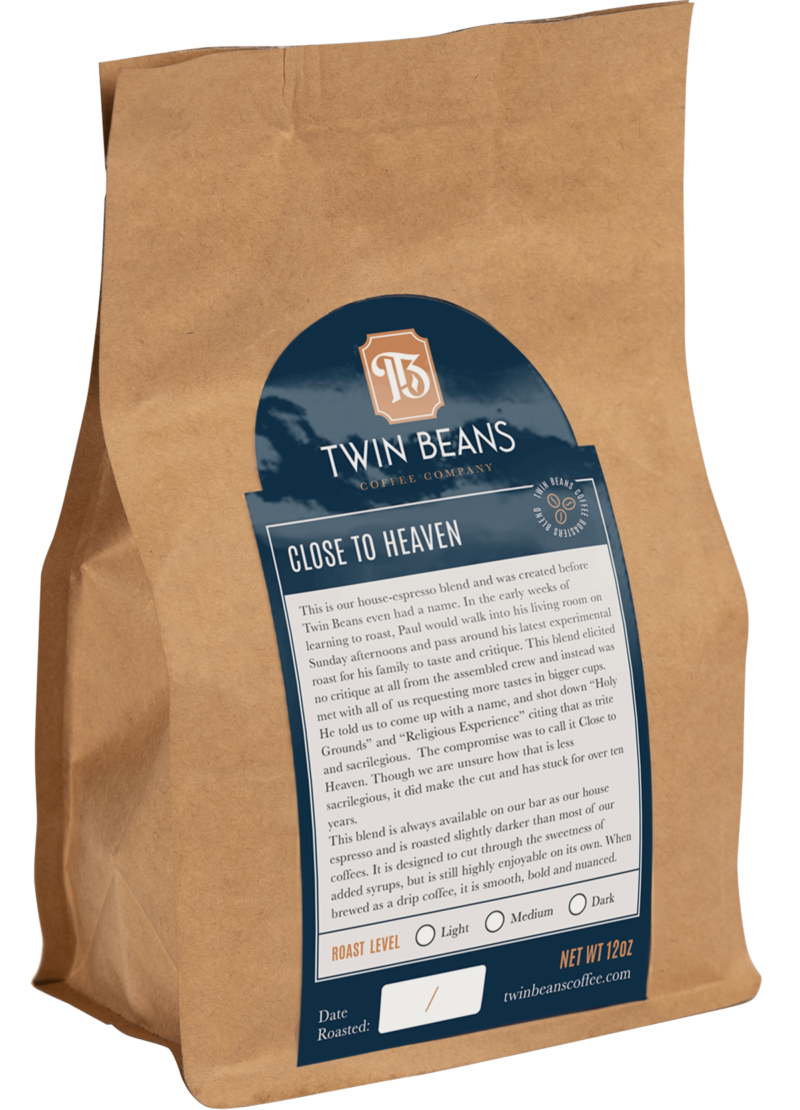
Close to Heaven
Woody Earthy Nutmeg
$23.95 12 oz bag
Medium Roast
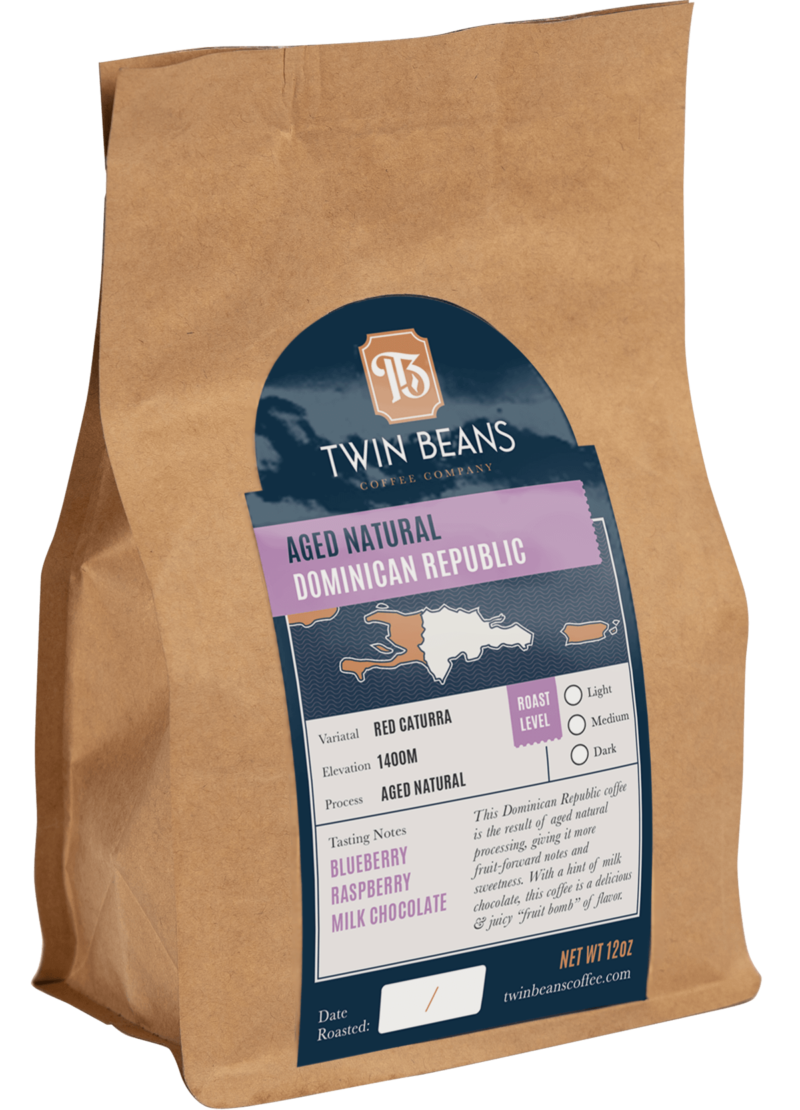
Aged Natural Dominican Republic
Blueberry Raspberry Milk Chocolate
$25.45 12 oz bag